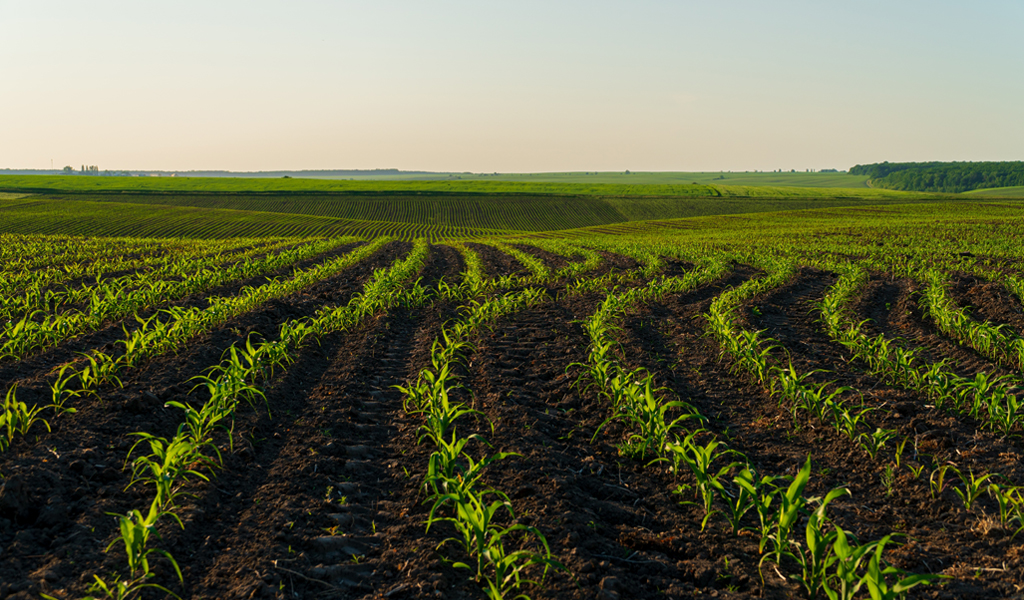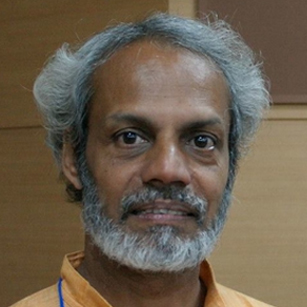Talk by Indian seed sovereignty scholar and activist Dr. Debal Deb.

Neolithic farmers created all the cultivated crop species from their wild progenitors. Generations of pre-industrial farmers since the Neolithic era have subsequently developed a legion of crop landraces, which were freely shared between farmers over millennia. Until the advent of agricultural modernisation in the 1960s, commerce in crop seeds was largely unknown, and there was no agri-business to appropriate the crop genetic diversity and sell proprietary seeds to farmers. After the Green Revolution, not only were the traditional multi-crop food production systems replaced with monocultures, but the indigenous landraces, fine-tuned to local soil and climatic conditions, were also replaced with a handful of modern “high-yielding varieties,” (HYVs) developed by agricultural research institutions and seed corporations.
Within 30 years, farmers of the entire South and Southeast Asia and the Americas lost 90% of their native landraces, and became dependent on the external supply of seeds, agrochemicals, fossil fuel, and technology for food production. Modern industrial agriculture, characterised by the “pesticide treadmill,” debt spiral and food insecurity of marginal farmers have led to the unprecedented incidents of “farmer suicides” by thousands, massive poisoning of soil and water, and loss of seed sovereignty of the farmers.
To liberate the farmers from the corporate subjugation of the materials and means of food production, it is essential to reinstate the community ownership of crop seeds. With this mission, I established in 2017 Asia’s largest community seed bank, Vrihi, to reinstate the forlorn custom of open exchange of seeds among farmers and restore the ancient agroecological practices among the farmers. Currently, Vrihi conserves 1,480 rice landraces, and 30 other crops in situ, for cultivation and free distribution among farmers of 12 states of India, and trains the farmers in methods to maintain the genetic purity of crop landraces, which are the best bet for attaining food and nutrition security of the poor during the Climate Crisis.
Speaker
 Dr. Deb is an Indian independent academic and activist, who works in India on community seed banking and in situ conservation of farmers’ seed varieties. Dr. Deb runs the Centre for Interdisciplinary Studies, an NGO, which supports Vrihi, a community rice seed bank, Basudha, a seed conservation farm, and a laboratory that carries out molecular and genetic analyses.
Dr. Deb is an Indian independent academic and activist, who works in India on community seed banking and in situ conservation of farmers’ seed varieties. Dr. Deb runs the Centre for Interdisciplinary Studies, an NGO, which supports Vrihi, a community rice seed bank, Basudha, a seed conservation farm, and a laboratory that carries out molecular and genetic analyses.
Chair
Anuradha Joshi, Director of Research, IDS
Discussant
Dominic Glover, Research Fellow, IDS
Accessibility
This event will take place in the IDS Convening Space which is on the 1st floor of the IDS Building. If you need to use a lift then press floor 1A.
If you have any accessibility issues then contact [email protected]
This seminar is hosted by the Food Equity Centre. FEC researchers investigate the factors that lead to some people being unable to access affordable, nutritious food, or earn a decent living in the food system. The FEC is a collaboration of researchers across Africa, Asia, Europe and Latin America, who work closely with activists, practitioners and policymakers to make food systems equitable.
